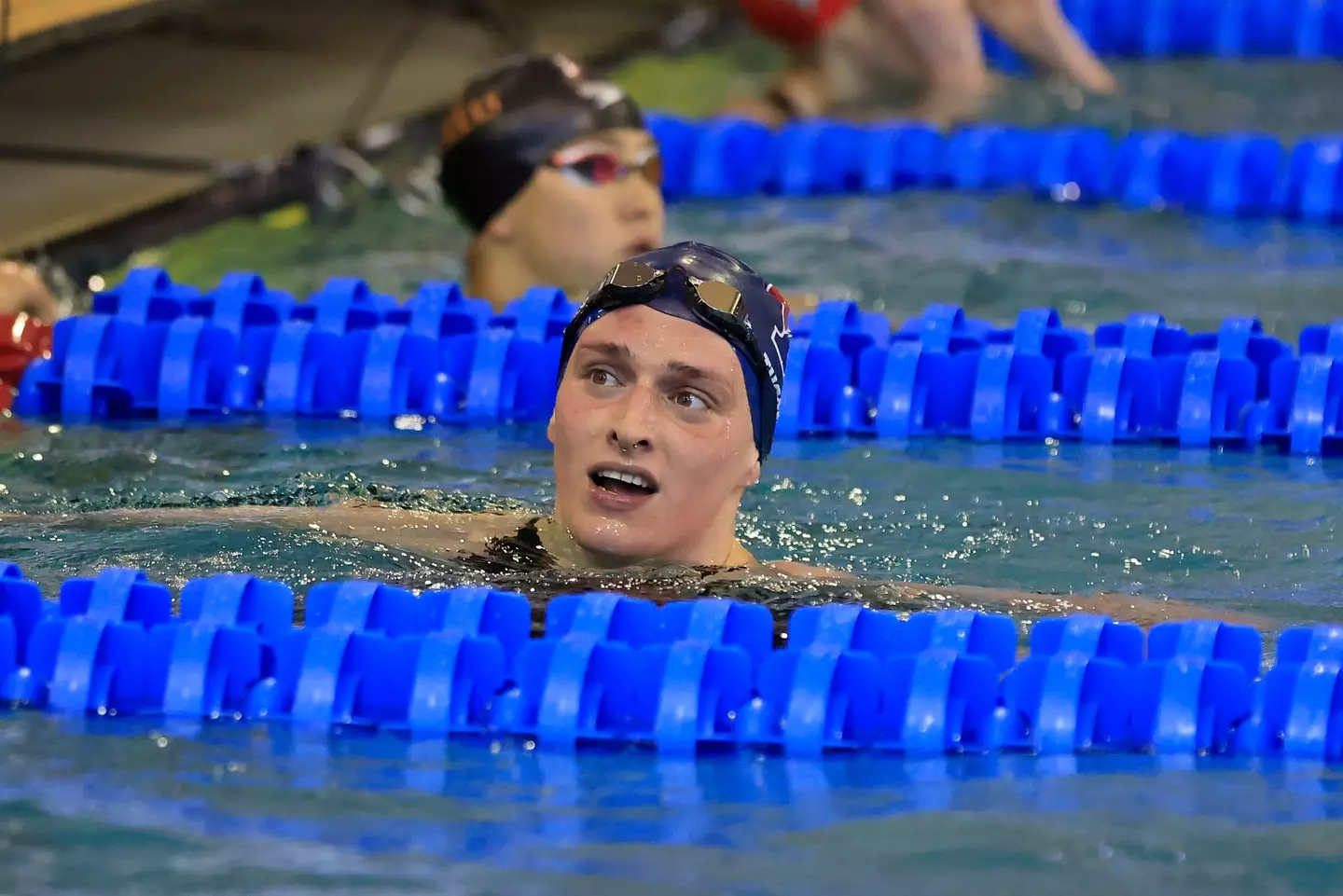In a recent pivotal decision, transgender swimmer Lia Thomas has been barred from competing in the Olympics following an unsuccessful legal challenge aimed at overturning a rule implemented by World Aquatics. This rule precludes anyone who has undergone male puberty from participating in women’s races. Thomas, who began hormone replacement therapy in 2019, made history in 2022 as the first openly transgender athlete to secure an NCAA Division I national championship by winning the women’s 500-yard freestyle.

The contentious rule was set after Thomas triumphed over Emma Weyant, an Olympic silver medalist, in the 2022 NCAA championships. According to World Aquatics’ Competition Regulations, which were first introduced in the same year and revised on January 1, 2024, the eligibility for the women’s category is strictly defined. Specifically, section 5.5.2 of the regulations allows transgender women to compete only if they can convincingly demonstrate that they did not experience male puberty beyond Tanner Stage 2 or before reaching 12 years of age, whichever comes later.
Further details state that eligible athletes must prove either “complete androgen insensitivity” preventing the onset of male puberty, or if they are androgen sensitive, they must show that male puberty was suppressed beginning at Tanner Stage 2 or before the age of 12. Additionally, they must have maintained their testosterone levels below 2.5 nmol/L continuously.
Thomas contested these stipulations by bringing her case to the Court of Arbitration for Sport, arguing that the rule change was discriminatory and unlawful. However, on June 12, a panel of three judges dismissed her request for arbitration.

The ruling emphasized that Thomas was ineligible to engage with World Aquatics competitions as she was not a member of its member federation, USA Swimming, and had not participated in any specific female qualification or selection events such as the world championships or the Olympics. The panel concluded that Thomas therefore “lacks standing to challenge the policy and the operational requirements in the framework of the present proceeding,” as reported by AP News.
In response to the verdict, Thomas expressed her deep disappointment through a statement released by her legal team and quoted by Athlete Ally:

“The CAS decision is deeply disappointing. Blanket bans preventing trans women from competing are discriminatory and deprive us of valuable athletic opportunities that are central to our identities. The CAS decision should be seen as a call to action to all trans women athletes to continue to fight for our dignity and human rights.”
Hudson Taylor, Founder and Executive Director at Athlete Ally, also remarked on the case’s implications, lamenting that the dismissal of Thomas’ legal challenge by CAS denies her the fundamental right to an effective remedy against acts that infringe upon her human rights. He described it as a sad day for sports and for all who advocate for the rights of transgender athletes to have their experiences of discrimination fairly heard and adjudicated.
For those affected by these issues and requiring support, the LGBT national hotline is available at 888-843-4564, offering confidential assistance.

